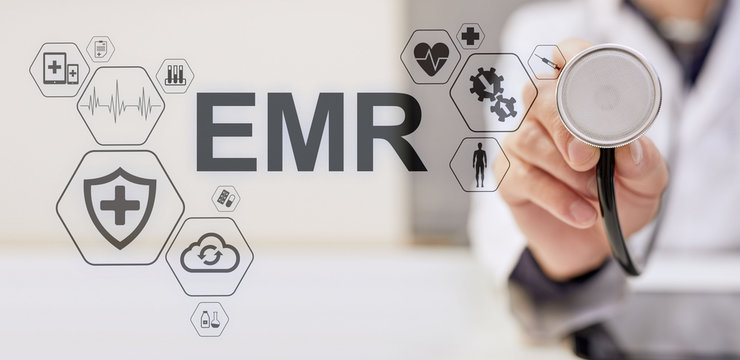

Related Posts

Electronic Medical Records Training Near Me
Looking for convenient and comprehensive electronic medical records (EMR) training near you? Look no further! Our locally based EMR training programs offer hands-on experience and expert instruction to help healthcare professionals master the latest technologies and best practices in managing patient records electronically. Whether you're a new EMR user or seeking to enhance your skills, our tailored training sessions will equip you with the knowledge and confidence to effectively utilize EMR systems in your practice. Join us today to take your EMR proficiency to the next level!
Read more
Pricing Comparison: Best Orthopedic EMR Software for Indian Clinics in 2025
Compare features, pricing, and value of India’s top EMR solutions designed for orthopedic clinics and surgery hospitals. Find the perfect fit for your practice.
Read more
How to Choose the Right EMR for Your Practice
Find the perfect EMR system for your practice with this in-depth guide on features, types, and key selection factors.
Read more